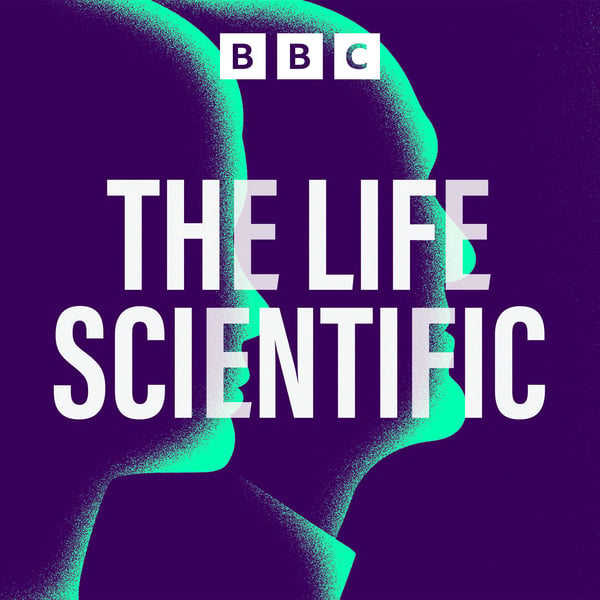Sean Carroll on how time and space began
The Life Scientific
BBC
4.6 • 1.4K Ratings
🗓️ 7 February 2017
⏱️ 28 minutes
🧾️ Download transcript
Summary
Transcript
Click on a timestamp to play from that location
| 0:00.0 | This is to the BBC. |
| 0:05.0 | Hello and welcome to the podcast of the Life Scientific. |
| 0:08.0 | First broadcast on BBC Radio 4. |
| 0:11.0 | I'm Jemal Kiele and my mission is to interview the most fascinating |
| 0:15.4 | and important scientists alive today and to find out what makes them tick. |
| 0:20.4 | We scientists are sometimes seen as being rather narrow-minded, tightly focused |
| 0:26.2 | nerds I suppose, but my guest today can hardly be accused of that. His specialist |
| 0:31.1 | subject is the universe and he's a cosmologist who cares about what it all means |
| 0:36.2 | Not just a physicist but for all of us |
| 0:39.2 | He isn't interested in applying established principles to existing data. He wants to reveal fundamental |
| 0:45.2 | rules about how the universe works. And he prides himself on entertaining every possibility, |
| 0:51.2 | often pushing the boundaries between physics and philosophy. |
| 0:55.0 | The American Cosmologist Professor Sean Carroll is the author of a host of best-selling books, |
| 0:59.4 | an extensive blog about our preposterous universe, and hundreds of scientific papers exploring the universe |
| 1:05.1 | both at the very grandest scales with questions about the nature of space and time and the very |
| 1:10.1 | tiniest of scales interrogating the weird and wonderful world of quantum |
| 1:13.9 | mechanics. I'd like to think of him as a cosmologist who maintains a very open mind. |
| 1:18.4 | Sean Carroll, welcome to the Life Scientific. Thanks so much for having me. Well, Sean, I think the one thing almost everyone knows about cosmology, I guess, is the Big Bang theory. |
| 1:28.0 | The idea that almost 14 billion years ago our universe exploded into existence but I know you've said |
| 1:34.1 | recently that the Big Bang doesn't mark the beginning of the universe it marks the |
| 1:38.8 | end of our theoretical understanding what did you mean by Well, it's unusual because we use the phrase, the Big Bang, to mean two very different things. |
| 1:47.0 | There's the Big Bang model, which is a general idea that at some point early on, 10 million years ago the universe was hot |
... |
Please login to see the full transcript.
Disclaimer: The podcast and artwork embedded on this page are from BBC, and are the property of its owner and not affiliated with or endorsed by Tapesearch.
Generated transcripts are the property of BBC and are distributed freely under the Fair Use doctrine. Transcripts generated by Tapesearch are not guaranteed to be accurate.
Copyright © Tapesearch 2025.

